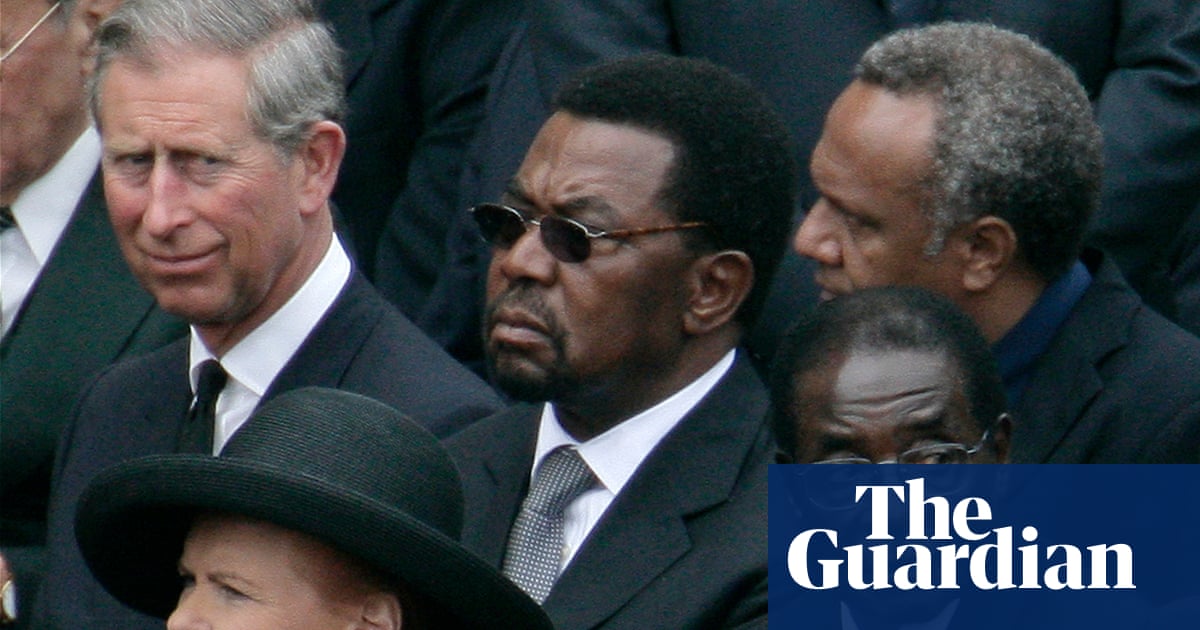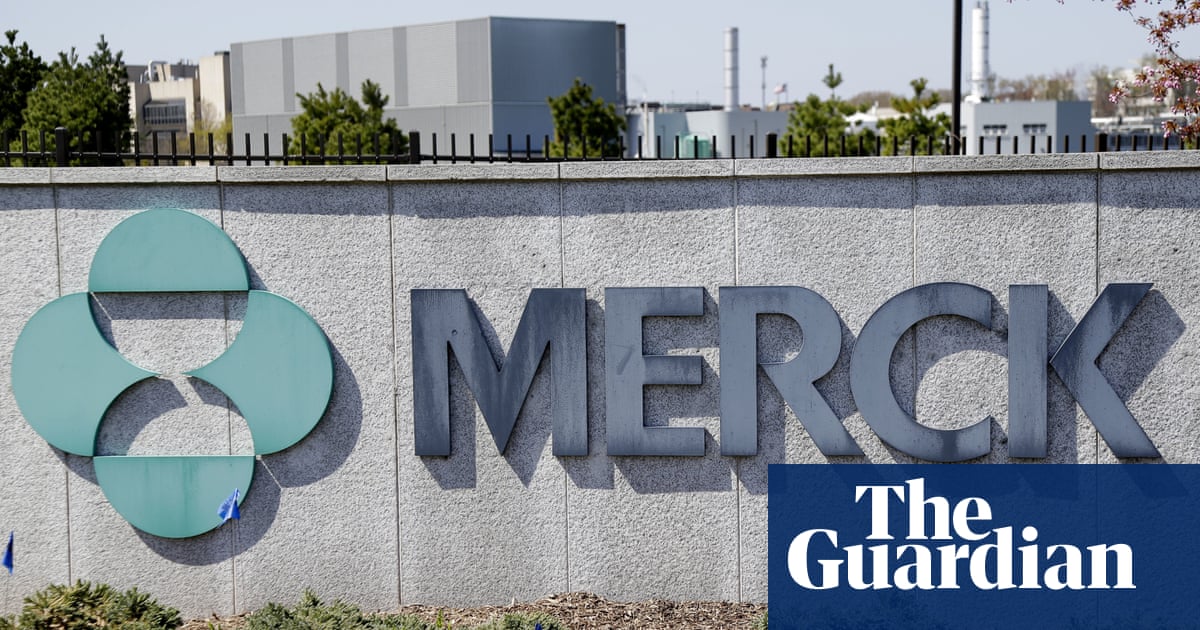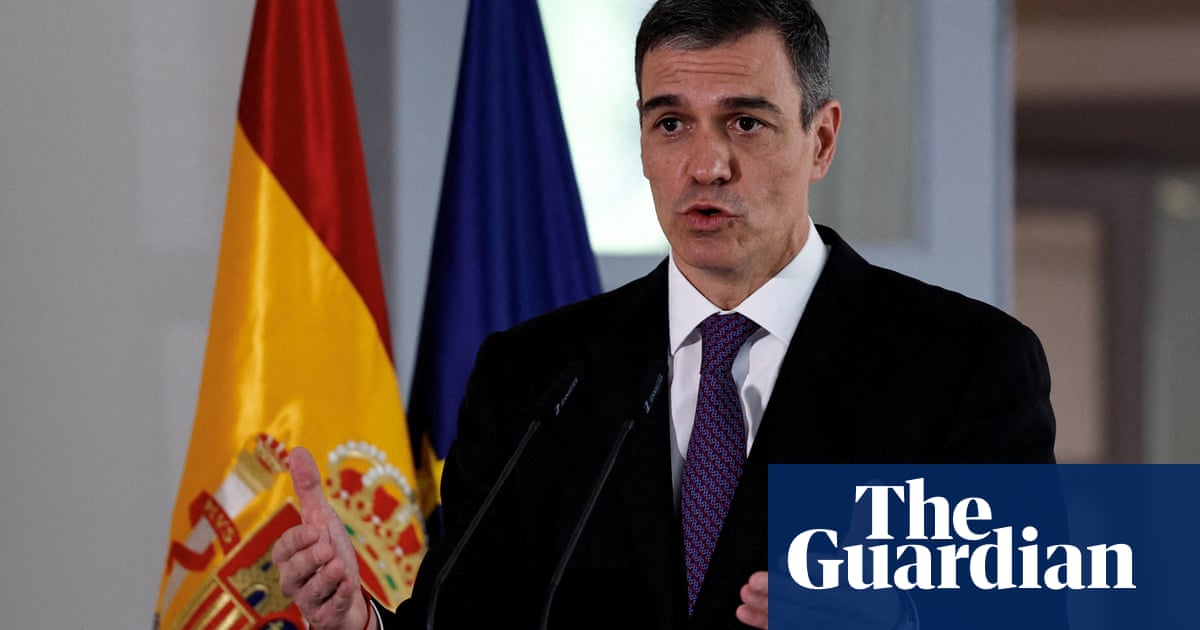The UK’s new deal with the EU will be a break from “debates and arguments of the past,” the UK’s chief negotiator, Nick Thomas-Symonds, has said, pledging growth would be the highest priority of the talks.
It comes as Keir Starmer prepares to meet the European Commission president, Ursula von der Leyen, in London, as momentum builds towards a crucial EU-UK summit in May.
Amid pressure from MPs to agree a youth mobility deal, despite a cabinet split on the proposal, the Cabinet Office minister said in an article for the Guardian that the negotiations should move on from turmoil of the Brexit years.
“Pursuing a new partnership with the EU is about meeting the needs of our times,” he wrote . “This is not about ideology or returning to the divisions of the past, but about ruthless pragmatism and what works in the national interest.”
The government is expected to seek far closer regulatory alignment with the EU on trade, a key source of division in the Brexit years, where Eurosceptics sought the furthest possible divergence with Brussels.
“We want to put more money in the pockets of working people and provide Britain with long-term stability and security; we won’t be defined by debates and arguments of the past,” Thomas-Symonds wrote.
In a hint that the government acknowledges how crucial the reset will be for both sides with a looming recession fuelled by Donald Trump’s tariffs and wavering support for Ukraine, Thomas-Symonds said Labour was “rising to meet the challenges in this new era of global instability”.
“The government needs to work with Britain’s allies on solutions that will minimise the impact of these global shocks,” he said.
It is understood the UK is on the verge of agreeing to enter into negotiations on three key topics including the youth mobility scheme, a sanitary and phytosanitary (SPS) deal to eliminate checks on food and drink being exported to the EU and entering Northern Ireland from Great Britain, and a deal on carbon emissions.
It is thought the SPS deal would be based on a deal the EU struck with Switzerland in 2023, but with substantial changes. A defence pact is almost sealed after the EU’s white paper on defence in March paved the way for British defence companies such as Babcock and BAE Systems to bid for money from the new €150bn (£129bn) EU defence fund.
UK and European sources also expect an announcement on trafficking and intelligence sharing as a way of signalling a tough approach to irregular migration.
Thomas-Symonds said that emphasis throughout the talks would be on the benefit that a new relationship could mean for people and businesses – and said the time was right for the EU to fully reset its approach to the UK after years of political division.
“Britain is a politically stable country, and the government has a huge mandate, with over four years left to deliver our policies,” he said. “We’ve shown that Britain is back on the world stage, and that it has a lot to offer.”
The minister said that the meeting on Thursday between Starmer and von der Leyen would take stock of the progress made towards the 19 May summit “and make sure teams are meeting our aspirations – to grow the economy, boost living standards, and keep the UK safe”.
But he said it would also mean sticking to the red lines of no return to the single market, the customs union or freedom of movement. “We will only agree an EU deal that meets the needs of the British people and respects the 2016 referendum result. By doing this we will to seize the opportunities in front of us to deliver a better future,” he said.
One key aspect of any deal is likely to be a youth mobility visa for Europeans. Starmer is under pressure from more than 60 Labour MPs to allow thousands of young Europeans to live and work in the UK, in a letter published by the Guardian on Wednesday.
The chancellor, Rachel Reeves, said discussions on a potential scheme were ongoing, in the clearest hint yet that the government is preparing to do a deal.
Cabinet differences remain on the shape a youth visa deal could take. Reeves is said to be in favour of a deal that includes time-limited youth visas – the highest priority for Brussels – but the home secretary, Yvette Cooper, has insisted on a cap on numbers, with a time limit of one year.

.png) 3 hours ago
5
3 hours ago
5













































